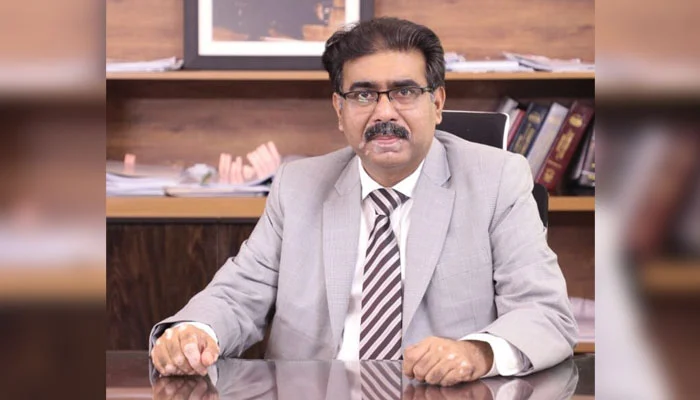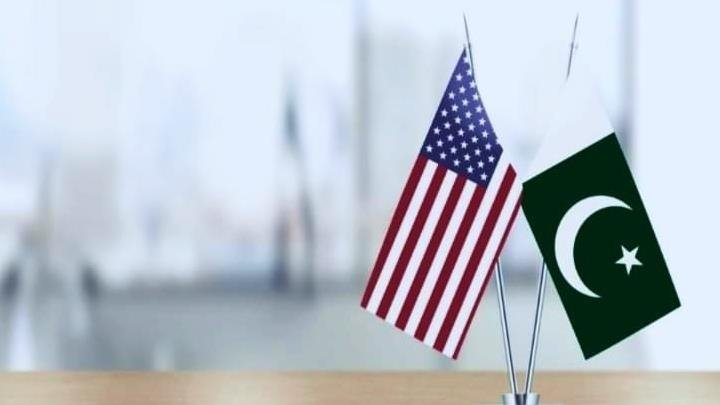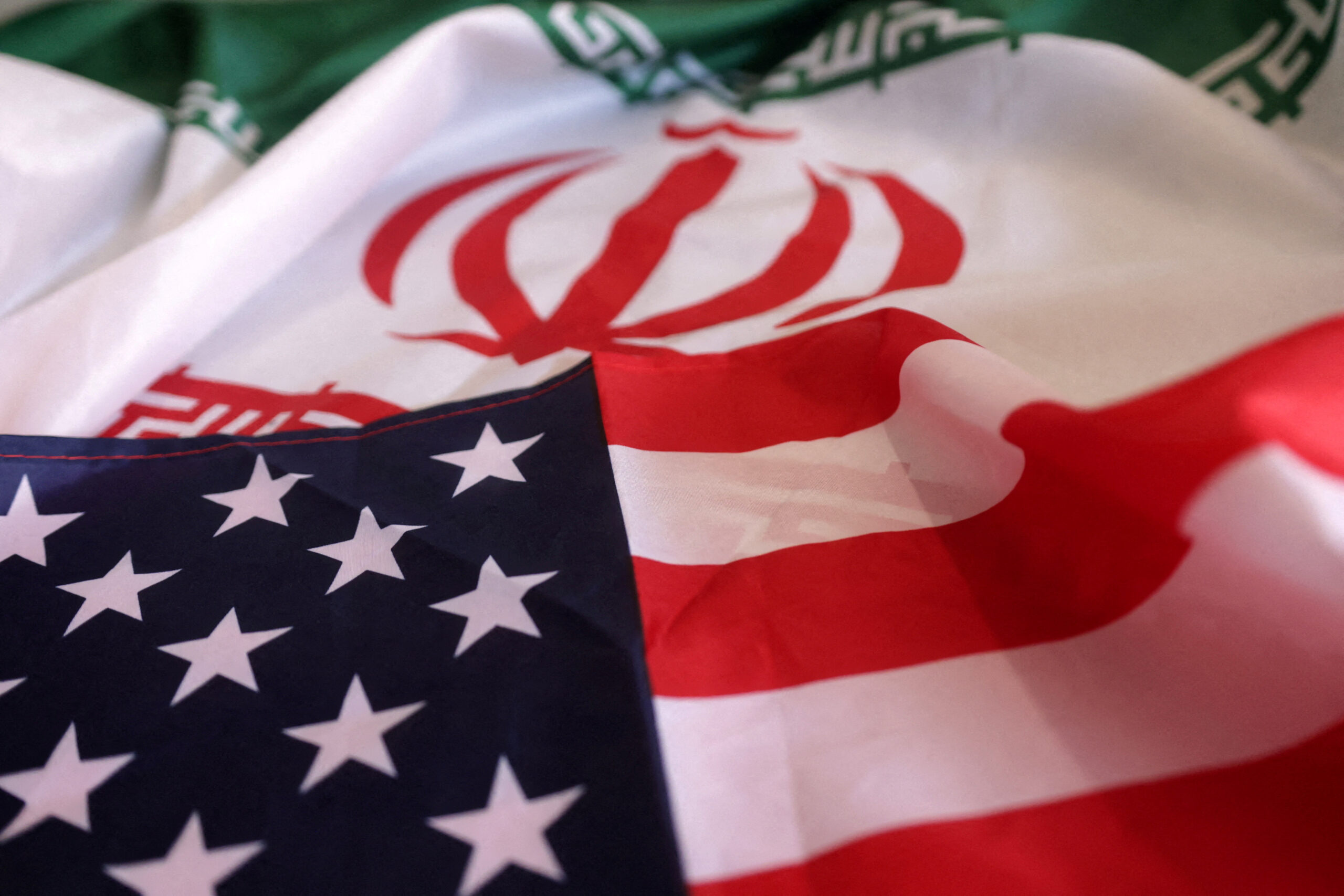The prospect of talks between the government and the Pakistan Tehreek-e-Insaf (PTI) party appears to be fading away as reports suggest that the opposition alliance, the Pakistan Democratic Movement (PDM), is split into two factions over the issue. The situation is reminiscent of a Mexican standoff, with both sides refusing to back down, and the future of the nation hanging in the balance.
On Tuesday, Prime Minister Imran Khan called a meeting of the heads of ruling parties in an attempt to create consensus on the matter, but the outcome was predictable. As with other initiatives, the stakeholders’ intentions are unclear, and the deadlock remains unbroken. It appears that both sides are more interested in scoring political points than finding a solution to the country’s problems.
According to reports, one camp, led by the Pakistan Peoples Party (PPP), is in favour of talks with the PTI, recognising that the issue is of national importance. However, the other camp, comprising the Jamiat Ulema-e-Islam-Fazl (JUI-F) and the Jamhoori Watan Party, strongly oppose the idea. Meanwhile, the Pakistan Muslim League-Nawaz (PML-N) is sitting on the fence, refusing to take a definitive stance and claiming that it is still in consultations. The more militant members of the PML-N, such as Rana Sanaullah, are actively working to undermine any efforts to reduce tensions between the opposition and the government.
It is ironic that the PDM, which was created to bring the opposition parties together and create a united front against the government, is now splitting apart over the issue of dialogue with the ruling party. This internal rift is not only weakening the opposition but also raising concerns about the stability of the country. In this environment, the government is less likely to take the opposition seriously, and the opposition’s voice will become more fragmented.
It is time for both sides to put their egos aside and focus on what is best for the nation. As the saying goes, “United we stand, divided we fall.” The opposition needs to recognise that it cannot achieve its goals by remaining divided and should strive to present a unified front against the government. At the same time, the government needs to show leadership and engage in meaningful dialogue with the opposition to address the issues facing the country.
In this regard, the prime minister’s call for a meeting of the heads of ruling parties is a positive step. However, it is essential to ensure that this is not just a cosmetic exercise, and that meaningful discussions take place. The stakeholders need to come to the table with an open mind and a willingness to compromise. It is only through dialogue and compromise that a solution to the current impasse can be found.
As the drama unfolds, it appears that the opposition is not presenting a united front on this matter. While the PPP is pushing for talks, the JUI-F and Jamhoori Watan Party are strongly opposed to the idea, while the PML-N continues to sit on the fence, playing its usual game of brinkmanship. In the meantime, the country is rapidly slipping into an abyss of economic turmoil and instability, with no end in sight.
This current stalemate is not just a failure of leadership, but a reflection of the deeper problems that plague Pakistan’s political system. The ruling coalition, which came into power on the back of tall promises of reform and progress, has so far failed to deliver on its commitments. The opposition, meanwhile, seems more interested in political gamesmanship and point-scoring than in addressing the genuine concerns of the people.
It is high time that the political elite put aside their egos and petty rivalries and focused on the urgent issues facing the country. As the saying goes, “the definition of insanity is doing the same thing over and over again and expecting different results.” We cannot afford to keep going around in circles, repeating the same mistakes and expecting a different outcome.
It is time for a new approach, a new mindset, and a new way of doing things. We need leaders who are willing to take bold steps, who are not afraid to engage with their opponents, and who are committed to putting the interests of the country above their own narrow political interests.
The stakes are too high for us to continue with business as usual. If we don’t act fast, we risk losing everything we have worked so hard to build. It is up to us to demand better from our leaders, to hold them accountable, and to push for real change. The time for talk is over; now is the time for action.
The ongoing political deadlock in Pakistan seems to have no end in sight. Despite the formation of committees by both the ruling Pakistan Tehreek-e-Insaf (PTI) and the opposition Pakistan Peoples Party (PPP) to initiate talks, there has been little progress. Each attempt at reconciliation seems to be doomed to failure, with both sides guilty of insincerity and a lack of commitment.
The situation is particularly concerning given the challenges facing Pakistan at present. The economy is in dire straits, with inflation and unemployment on the rise, and there are several crises brewing in the constitutional and security realms. The need for a resolution to the political deadlock has never been greater.
Yet, despite the urgent need for action, the political leadership appears to be stuck in a two steps forward, one step back loop. The recent meeting of the ruling party heads, called by Prime Minister Imran Khan to discuss the possibility of talks with the opposition, is a case in point. While some parties argued that channels for dialogue should not be blocked, others insisted that the PTI chairman could not be trusted. This lack of consensus is indicative of the parochial approach adopted by several stakeholders.
Reports suggest that the opposition parties, particularly the Pakistan Muslim League-Nawaz (PML-N), are similarly indecisive. While the PPP is in favour of talks, the Jamiat Ulema-e-Islam-Fazl (JUI-F) and Jamhoori Watan Party (JWP) are opposed to the idea. Meanwhile, the PML-N is still holding consultations and refusing to present a definitive stance. This indecisiveness is further complicated by the fact that some of the more hawkish actors within the party, such as Rana Sanaullah, continue to sabotage any efforts at reducing tensions between the opposition and the government.
The lack of progress in resolving the political deadlock is a major concern for all actors within Pakistani society, from political parties to the business community, civil society, and the media. Everyone is demanding a serious attempt at negotiations between the ruling coalition and Imran Khan’s PTI so that the country can move forward with the process of rebuilding.
It is clear that a new approach is needed if progress is to be made. The parochial approach adopted by several stakeholders is not serving the best interests of the country. Instead, a more collaborative and sincere effort is required. This will require a willingness to compromise and an acknowledgement of the fact that both sides have a responsibility to work together in the best interests of the nation.
The urgency of the situation demands that all actors within Pakistani society step up and take responsibility for finding a way out of the current impasse. The longer the political deadlock persists, the greater the risk to the stability and prosperity of the nation. It is time for everyone to put aside their differences and work together for the greater good. Only then can Pakistan hope to emerge from this crisis and move towards a brighter future.
In conclusion, the political deadlock in Pakistan continues as the ruling coalition and opposition parties struggle to come to a consensus on the issue of holding talks. Despite good intentions and the formation of committees by both sides, each initiative to end the deadlock appears to fall through due to a lack of sincerity on the part of several stakeholders. This indecisiveness is not appropriate given the economic and security crises the country is facing. It is essential for all actors, including political parties, the business community, civil society, and the media, to push for serious negotiations between the ruling coalition and the opposition to rebuild the country. Without a resolution to the current deadlock, Pakistan will continue to move closer to the abyss with each passing day.
Read more:

















